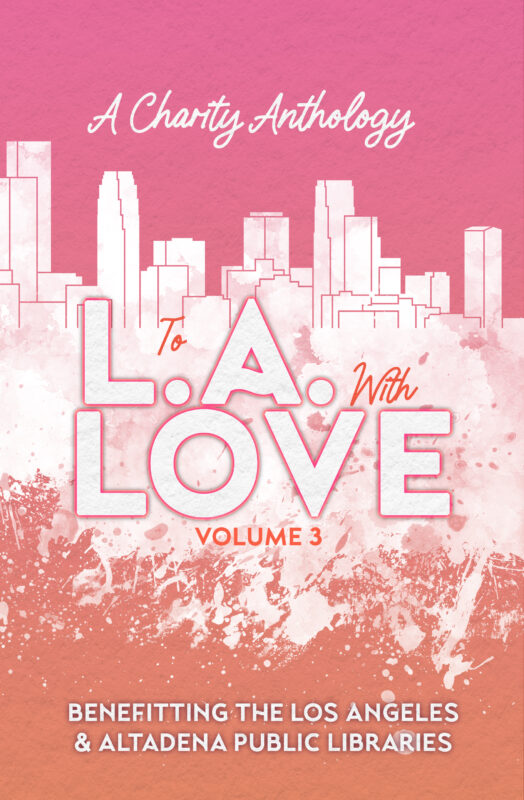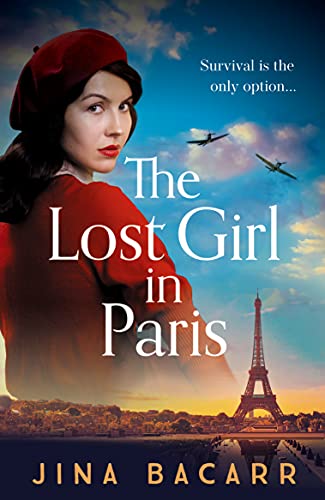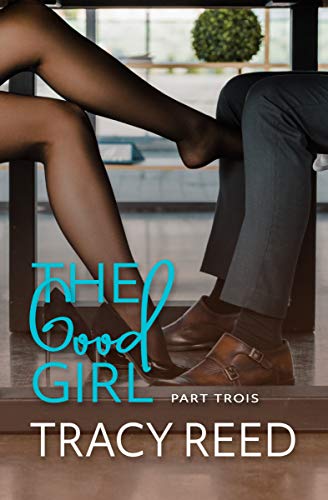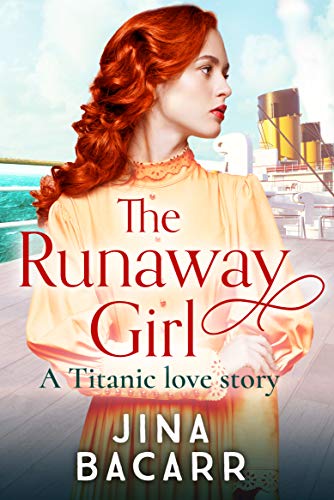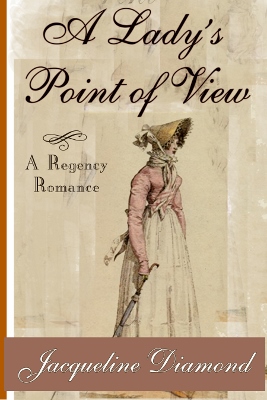Dear Extra Squeeze Team, Do I Really Need an Editor?
February 28, 2018 by The Extra Squeeze in category The Extra Squeeze by The Extra Squeeze Team tagged as critiques, Editors, writing
Dear Extra Squeeze Team, I was an English major in college. Do I really need to hire an editor for my self-published book?

Rebecca Forster
USA Today Bestselling author of 35 books, including the Witness series and the new Finn O’Brien series.
Dear I’m an English Major,
Me, too! That and twenty-five cents won’t get me a cup of coffee much less a polished book. Basically, even if I wrote Elements of Style, even if I was Shakespeare (okay, maybe not Shakespeare), I would still need an editor. Why? Because there are few human beings who can look at their own work objectively. If we could, we would catch ever plot hole, hear every piece of clanging dialogue that ruins our carefully drawn characters, and never miss a pacing problem. We would catch every missing conjunction, misspelled word and wayward apostrophe that found it’s (its) way into its (it’s).
If you’re still not convinced, ask yourself these three questions:
1) Have you ever asked someone if you look fat in a new dress?
2) Have you ever uttered the words ‘what do you think?’ (about anything)
3) Have you ever talked through a problem late into the night with someone you trust?
If the answer to any (or I bet all) of these questions is yes, you need an editor. We search out that critical eye and the honest voice in our lives and we should do the same with our work. Our lives and our books will be better for it.
Love,
Rebecca Forster
USA Today & Amazon Best-selling Author
Flawed English major/content editorial client
Secret Relations, Book #3 in the Finn O’Brien Thriller Series launches March 3, 2018
Read a Snek Peek and get your copy now!
Website
Facebook
Twitter: @Rebecca_Forster
INSTAGRAM: REBECCAFORSTER1211
Subscribe and get my 2-book starter library:
Bookbub
Happy Reading Everyone!

Jenny Jensen
Developmental editor who has worked for twenty plus years with new and established authors of both fiction and non-fiction, traditional and indie.
Yes!
You may know pluperfect from a transitory verb. You may be meticulously accurate with every comma, semi-colon, quotation mark, em-dash and ellipse. You may be a practiced writer fluent in multiple literary forms, but you cannot read your own work with a neutral, critical eye.
The act of writing is a solitary endeavor. A story is conceived in the mind and is played with, tweaked, adjusted, re-written until it becomes, in the writer’s mind a complete and sensible whole. That process often involves input from other writers and beta readers while the work is in progress. These are trusted voices that become part of the process as you bring the story from your mind to its final form. The input you’ve received has been beneficial in making it a better work. But each of these sources has an investment, either as support from a writers group or from someone, like a relative or friend with a degree of closeness – either way, each source has a personal investment in you. However incidental or deep that investment is, it is not neutral.
Your finished book was hard work; countless rewrites and revisions prompted by your own senses and perhaps the input from those other writers and/or beta readers. It’s time to step away and put the work before neutral eyes. An editor provides that neutral set of eyes; think of it as a reality check.
The only investment an editor has is to help your story be the best it can be. An editor will tell you how you sound to a discerning ear reading the work for the first time. An editor will hear when the pacing begins to drag or a character or plot point is inconsistent. Stilted dialog or rambling narrative will sound to an editor like fingernails on a chalkboard. An editor will hear if what you wrote is actually what you meant. An editor’s job is to tell you precisely what those clinkers are, and if she is good, she will tell you why something doesn’t work and suggest solutions. It’s a collaborative effort.
If you do not feel you need a full content edit then opt for a critical read and respond. At the very least, get a copy/line edit. You cannot always see your mistakes – not the big ones or the small ones. Shamelessly I’ll say I’d love to read your work. And yes, there is a fee – it’s a profession.
Robin Blakely
PR/Business Development coach for writers and artists; CEO, Creative Center of America; member, Forbes Coaches Council.

Extra Squeeze members H.O. Charles and Rebecca Forster have new books.
ASCENT OF ICE by H. O. Charles is available today
The final volume of The Fireblade Array.
Medea is trapped in a fortress made of shadows, Artemi has had her life rent from her yet again, and fate looms over all.
Some heroes battle to save the world from the icy grip of darkness, but others fight to make it darker still.
Will the boundaries between light and night, ice and fire, love and hate ever be restored?
Rebecca Forster’s 3 Finn O’Brien Thriller, SECRET RELATIONS is available for pre-order now with a March 3, 2018 publish date.
The last thing Finn O’Brien wants is to come between his partner and her daughter, but Amber Anderson is desperate for his help. Her new boyfriend, an undocumented immigrant, is missing. Uneasy about keeping a secret from his partner and hindered by the prejudice and politics of the LAPD, Finn is tempted to turn a deaf ear to the girl’s plea – until the first body is found.
H.O. Charles
Cover designer and author of the fantasy series, The Fireblade Array
Yes! EVERYONE needs an editor, and there’s some evidence to suggest that overconfidence can lead to more mistakes!
Marianne is always picking up my typos, so I must be very clever indeed… or too confident. If you want to save money, I would suggest getting a reasonably literate friend or two to read through your drafts. You’ll be surprised how much they pick up. Another thing to consider is what kind of writing you’ve been doing as an English major (ignoring for a moment what you’ve been reading). I did an essay subject at university, but I soon found novel writing employed a whole different raft of writing skills, for which essay writing offered very little foundation. The way I was taught (not sure if different in the US) involved very strict limitations on the usage of commas, third-person perspective, ‘masculine’ statements, rigid paragraph formation etc. etc. All of these rules had to be unlearned.
An editor can also point out the bits where your story might be drifting, find plot holes, and tell you where something needs more explanation. (Note my Oxford comma, which I would NEVER have used in academia!)
Do you have a writing or publishing question?
Send them to the Extra Squeeze Team!
Ever wonder what industry professionals think about the issues that can really impact our careers? Each month The Extra Squeeze features a fresh topic related to books and publishing.
Amazon mover and shaker Rebecca Forster and her handpicked team of book professionals offer frank responses from the POV of each of their specialties — Writing, Editing, PR/Biz Development, and Cover Design.

Remember use our handy dandy contact form to ask a question.
Do You REALLY Want To Know
February 20, 2014 by A Slice of Orange in category Archives tagged as critiques, Mona Karel, Saluki, stronger writingWhen I’m not writing, or thinking about writing, or begrudgingly cleaning the house, my life is full of dogs. On occasion I’ll judge dogs, and much of the time I’m expected to produce a written critique of the dogs I judged. Some judge’s critiques are works of art, describing the entry in flights of fancy and glowing terms. The better critiques offer a description in succinct terms, referring to
hallmarks of quality in the breed.
On occasion I’ve been asked to evaluate a dog somewhere other than a show, all too often at a gathering of friends where more attention is paid to sampling the host’s wine and beer selection than in depth discussion of dog structure and type. Even when I warn that a request for an honest appraisal will bring that very thing, they insist. Sometimes this can lead to that in depth discussion. Sometimes it heads down an entirely different path. Such as the time a dog of a new breed was paraded in front of me. I turned to the beaming owner and asked if every dog in the breed had a weak rear, since I hadn’t seen a good rear structure yet, including his dog.
He was not amused.
Often when judging writing contests I’ll come across an entry not ready to see the light of day. Since we don’t know the background of the entrant, and we don’t wan to discourage any budding confidence they might have in themselves as writers, any critiques written must be worded carefully. On occasion the story I pointed out as derivative and lacking any semblance of originality ends up published a few months later, with very few changes.
Publishing is a strange endeavor, never moreso than when when we try to make sense of it.
Right now I have two works in progress on my Kindle, sent from writing friends for a beta read. The friends have on occasion read for me, and have offered an ultimate expression of professional friendship by being brutally honest. Hate or love my work, they pull no punches.
Nor would I give them any less than my full honesty. Sure, I’ll temper it with soft words of praise. There are only so many ways one can say “I gave up before page thirty, I was so bored,” but one can attempt to find the actual best place to start the book. Far better for an earlier reader to reveal these plot weaknesses than for an editor to send the book back with a vague “fix it and we’ll look at it again” rejection.
With both of these writers I know any comments will be taken at face value, with no search for hidden messages. We separate the writer from the writing, which is healthy for all concerned, and something all of us need to remember when asking for or performing critiques. Don’t ask unless you really want to know, and learn to use that feedback to strengthen not only your own work but also your ability to evaluate other writer’s work.
 |
| Sharing a special moment. |
Affiliate Links
A Slice of Orange is an affiliate with some of the booksellers listed on this website, including Barnes & Nobel, Books A Million, iBooks, Kobo, and Smashwords. This means A Slice of Orange may earn a small advertising fee from sales made through the links used on this website. There are reminders of these affiliate links on the pages for individual books.
Search A Slice of Orange
Find a Column
Archives
Featured Books
To L. A. With Love Volume 3
When wildfires damaged two beloved Los Angeles public libraries in January 2025, the romance community answered with heart.
More info →THE LOST GIRL IN PARIS
'I will never forget what the Nazi did to me. Never'
More info →A LADY’S POINT OF VIEW
Being nearsighted in Regency London isn’t a crime—but it feels like one to a lady in disgrace.
More info →Newsletter
Contributing Authors
Search A Slice of Orange
Find a Column
Archives
Authors in the Bookstore
- A. E. Decker
- A. J. Scudiere
- A.J. Sidransky
- A.M. Roark
- Abby Collette
- Alanna Lucus
- Albert Marrin
- Alice Duncan
- Alina K. Field
- Alison Green Myers
- Andi Lawrencovna
- Andrew C Raiford
- Angela Pryce
- Aviva Vaughn
- Barbara Ankrum
- Bethlehem Writers Group, LLC
- Carol L. Wright
- Celeste Barclay
- Christina Alexandra
- Christopher D. Ochs
- Claire Davon
- Claire Naden
- Courtnee Turner Hoyle
- Courtney Annicchiarico
- D. Lieber
- Daniel V. Meier Jr.
- Debra Dixon
- Debra H. Goldstein
- Debra Holland
- Dee Ann Palmer
- Denise M. Colby
- Diane Benefiel
- Diane Sismour
- Dianna Sinovic
- DT Krippene
- E.B. Dawson
- Emilie Dallaire
- Emily Brightwell
- Emily PW Murphy
- Fae Rowen
- Faith L. Justice
- Frances Amati
- Geralyn Corcillo
- Glynnis Campbell
- Greg Jolley
- H. O. Charles
- Jaclyn Roché
- Jacqueline Diamond
- Janet Lynn and Will Zeilinger
- Jaya Mehta
- Jeannine Atkins
- Jeff Baird
- Jenna Barwin
- Jenne Kern
- Jennifer D. Bokal
- Jennifer Lyon
- Jerome W. McFadden
- Jill Piscitello
- Jina Bacarr
- Jo A. Hiestand
- Jodi Bogert
- Jolina Petersheim
- Jonathan Maberry
- Joy Allyson
- Judy Duarte
- Justin Murphy
- Justine Davis
- Kat Martin
- Kidd Wadsworth
- Kitty Bucholtz
- Kristy Tate
- Larry Deibert
- Larry Hamilton
- Laura Drake
- Laurie Stevens
- Leslie Knowles
- Li-Ying Lundquist
- Linda Carroll-Bradd
- Linda Lappin
- Linda McLaughlin
- Linda O. Johnston
- Lisa Preston
- Lolo Paige
- Loran Holt
- Lynette M. Burrows
- Lyssa Kay Adams
- Madeline Ash
- Margarita Engle
- Marguerite Quantaine
- Marianne H. Donley
- Mary Castillo
- Maureen Klovers
- Megan Haskell
- Melanie Waterbury
- Melisa Rivero
- Melissa Chambers
- Melodie Winawer
- Meriam Wilhelm
- Mikel J. Wilson
- Mindy Neff
- Monica McCabe
- Nancy Brashear
- Neetu Malik
- Nikki Prince
- Once Upon Anthologies
- Paula Gail Benson
- Penny Reid
- Peter J Barbour
- Priscilla Oliveras
- R. H. Kohno
- Rachel Hailey
- Ralph Hieb
- Ramcy Diek
- Ransom Stephens
- Rebecca Forster
- Renae Wrich
- Roxy Matthews
- Ryder Hunte Clancy
- Sally Paradysz
- Sheila Colón-Bagley
- Simone de Muñoz
- Sophie Barnes
- Susan Kaye Quinn
- Susan Lynn Meyer
- Susan Squires
- T. D. Fox
- Tara C. Allred
- Tara Lain
- Tari Lynn Jewett
- Terri Osburn
- Tracy Reed
- Vera Jane Cook
- Vicki Crum
- Writing Something Romantic
Affiliate Links
A Slice of Orange is an affiliate with some of the booksellers listed on this website, including Barnes & Nobel, Books A Million, iBooks, Kobo, and Smashwords. This means A Slice of Orange may earn a small advertising fee from sales made through the links used on this website. There are reminders of these affiliate links on the pages for individual books.









